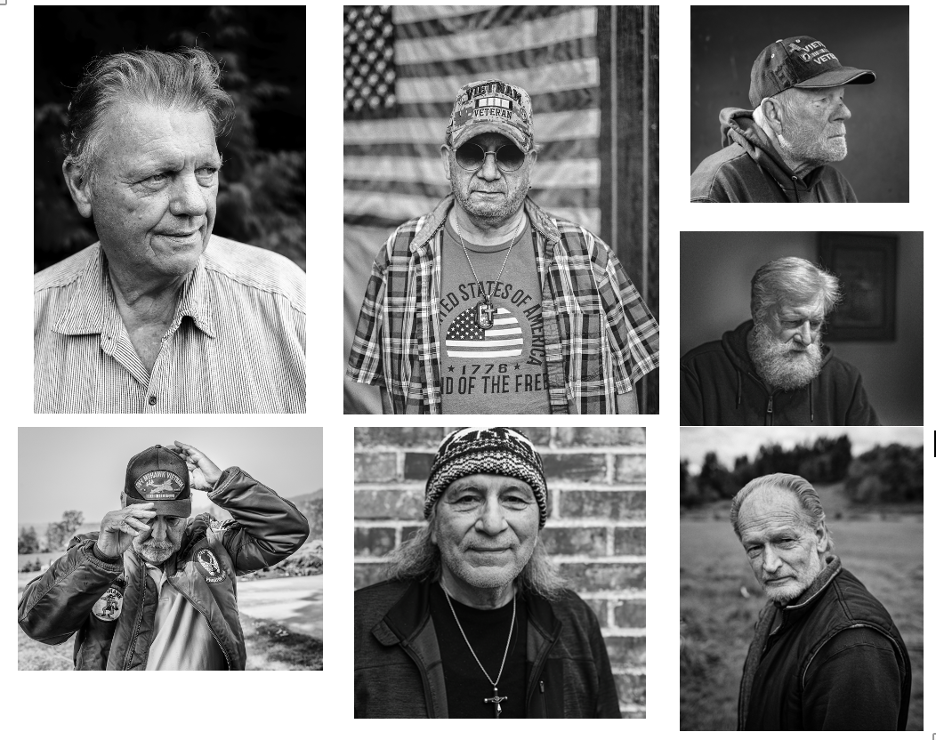Long Home
What is carried home from time at war? Does it matter if your side won? Or lost? Or if you are uncertain what the fighting was for?
As time pushes forward, those who were soldiers once, and the rest of us really, are left with our own evolving memory - a not always reliable recall of even our most impactful experiences. What's left is recollection reshaped by time, and living, by our friends, brothers and sisters, and fellow soldiers. A work in progress, forever.
How much remembering, of sculpting our own self-portraits - after a lifetime - from when we were 19 or 22 are fully our own? What role has historical interpretation and cultural framing played in our own acceptance, rejection, or reinterpretation of the most intense moments of our pasts?
With most World War II veterans gone, we can only partly know what each soldier carried with them through the decades into old age. A war fought by the young - as are all wars - how much of their remembrance was truly their own experience? How much did they forget, or bury deep? What, if any, of their most difficult moments were shared with family, other vets, or barstool strangers? While many World War II veterans felt deep pride in their service, even grudgingly heroic, others carried the burden - in their view - of doing nothing remarkable. Collectively though, theirs felt like a just war, a war those soldiers carried along with purpose.
And then there's the Vietnam War. The place, a minor chess piece in a complicated, muddled Cold War era struggle, barely registered in the minds of most Americans until the war effort escalated in the mid-1960s. A decade later, with over 58,000 US military dead, a faraway country once politically cut in two, reverted fully to communist rule in what many came to believe was an uncommitted, unwinnable war.
Vietnam War veterans, many of whom were drafted or enlisted ahead of being drafted, are now in their 70s and 80s. The portraits in this series reflect lives a half century or more removed from time on the ground in Vietnam. Most of these Vets shared stories tinged with pride, of serving their country as best they could, but each carried with them some measure of personal conflict.
Many of these veterans made clear they were not heroes, deflecting to buddies, some killed in battle. In between were poignant stories recalling the camaraderie and bonhomie unique to wartime. Others tried in vain to push beyond their experience, sharing expressions of bitterness following unwelcome encounters back home. There were also words of regret for failing to shed anger, yet a healthy acknowledgement of the ravages of PTSD.
Wary to share stories over five decades old, the veterans who fought in Vietnam – those remaining - are nevertheless here, long home.


